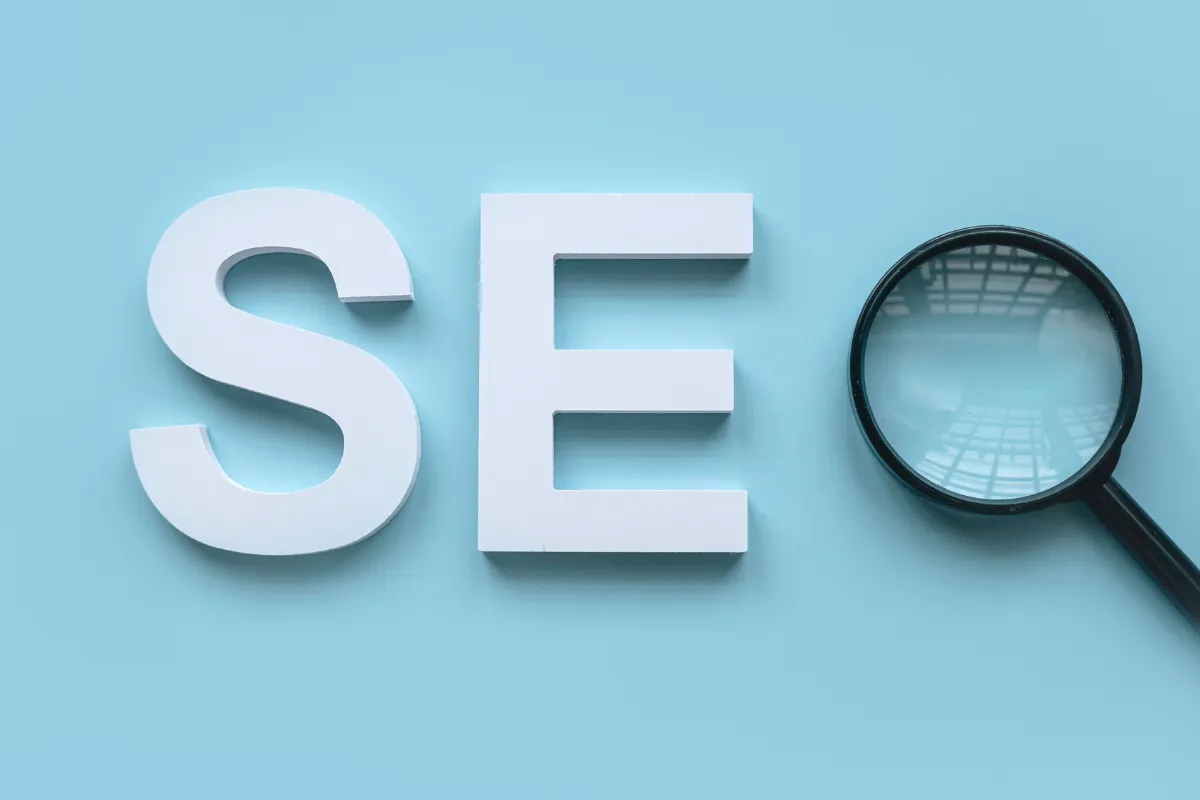SEO ranking factors are the key factors that influence your website’s visibility in search engine results pages (SERPs). These factors are important because they can help you attract more visitors to your website.
Improve your website’s overall SEO. Today’s Best SEO by Vancouver tells you the 12 SEO ranking factors we all need to rank our business website in the SERPs.
SEO Ranking Factors That Matter for Your Website
Here’s a closer look at each of the 12 SEO ranking factors and how they can impact your website-
- Website Quality Content & Length
It’s important to have high-quality, well-written content of a good length on your website. Content length significantly affects both the quality and quantity of website traffic. Not only does this help your visitors understand what you have to offer, but it also helps search engines index your site properly.
- Keyword Density & Its Usage
Your keyword needs to be present in your content at least 2% of the time. This helps search engines know what your site is about and how it should be ranked on their results pages. Your keywords or phrases should be relevant to your business or website which you include in your content and meta tags.
- Backlinks
They help to improve your SEO ranking because they show Google that your site is popular and relevant. The more backlinks you have, the better your SEO will be.
- Title Tags
The title tag is one of the single most important on-page SEO ranking factors because it has a direct impact on how Google sees your content and decides how to rank you on search results pages.
- Meta Descriptions
This meta description will be used by Google as an excerpt from your content when you rank for any given keyword phrase. Your meta description accurately reflects what your page is about and entices people to click through to your site.
- Headings
Headline content is a must. Six different heading tags (H1-H6), with H1 being the most important and H6 the least. You should only use one H1 tag on your page and it should be used to describe the main topic of your page. You can then break up your content into smaller chunks using H2-H6 tags.
- Images & Alt Text
If you have any images on your site, make sure to add alt text to them. This is the text that Google can read that tells them what the image is of. It helps Google index your images and understands your site’s content.
- URL Structure
Your website’s URL structure is also important for SEO. Google prefers shorter, more concise URLs that are easy to read. You should also use hyphens (-) to separate words in your URLs, as opposed to underscores (_). It’s easier for Google to read and index your URLs.
- Page Authority
This is also a score assigned by Google which determines how well it thinks your page will rank in its search engine results pages.
- Page Load Speed
Your page loading speed should never exceed 3 seconds or else it’ll negatively impact your SEO ranking and visitor experience.
- Mobile-Friendliness
Your site needs to be mobile-friendly because more and more people are using their phones to browse the internet. If your site isn’t mobile-friendly, Google will penalize you on its search engine results pages.
- Social Media Signals
Shares, Likes, and Follows Google looks at the number of social media shares, likes, and follows your site has as a signal of its quality and popularity.
These are the 12 SEO ranking factors that your website should focus on. You need to constantly monitor and evaluate the performance of your website to ensure it is in the best shape for search engines. If you are looking for an SEO agency, contact us today to do your business!




